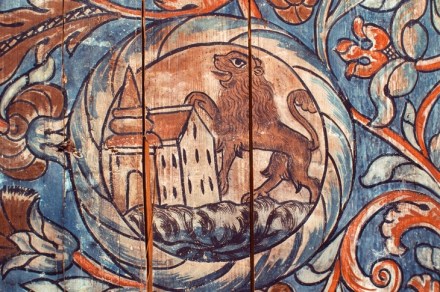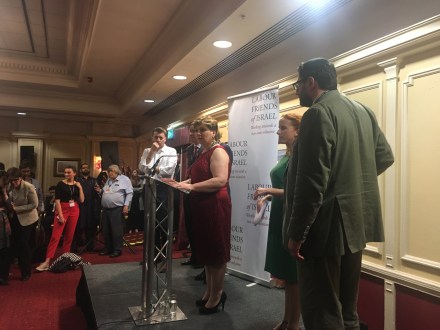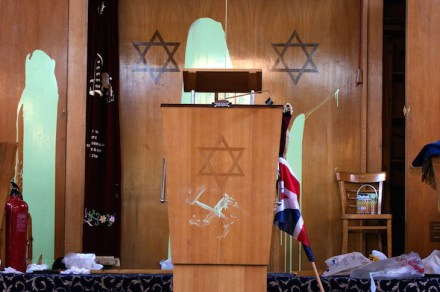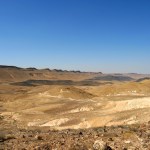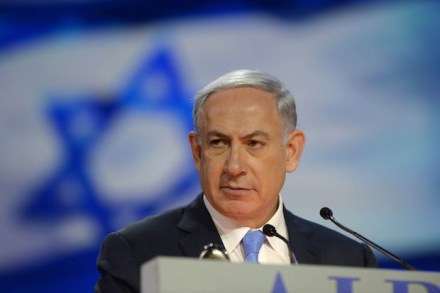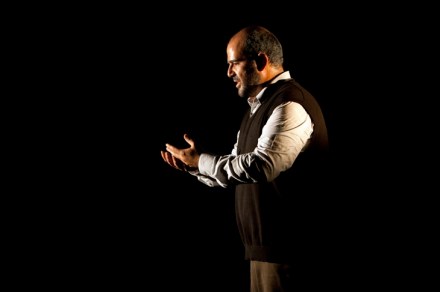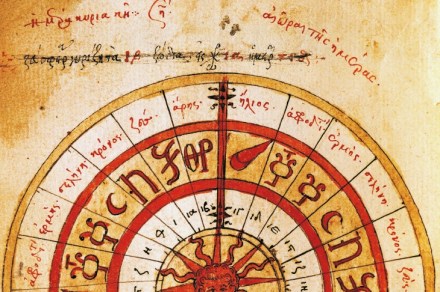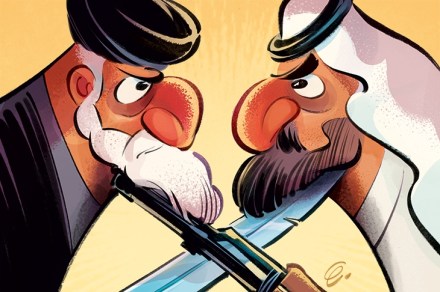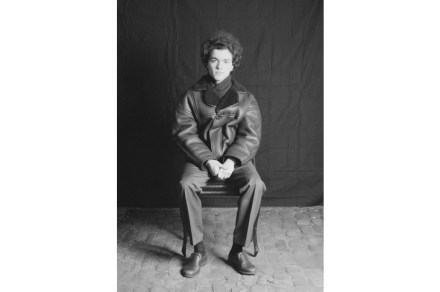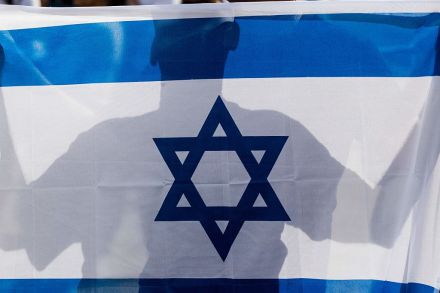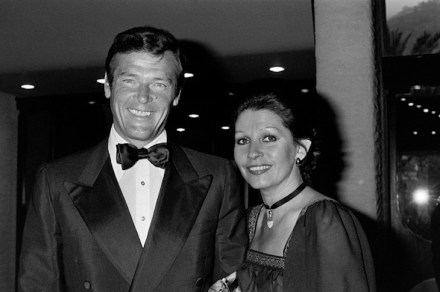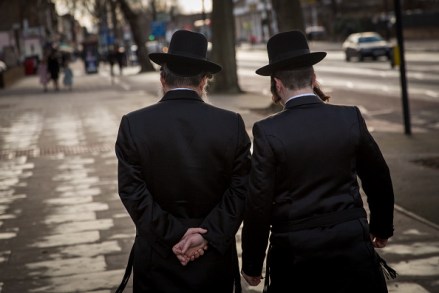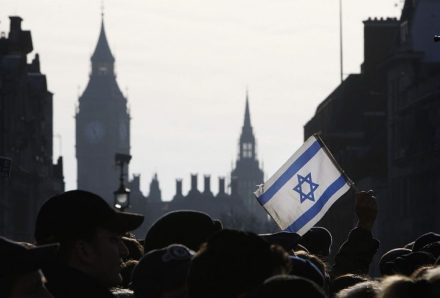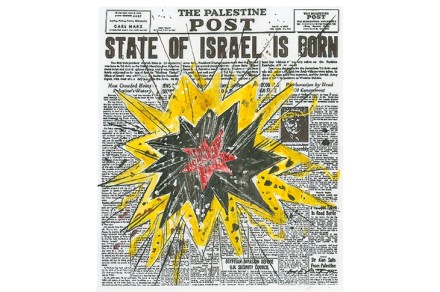Wandering Jews
Simon Schama is an international treasure. Whether on screen or in print, he is all energy, enthusiasm, dramatic gestures, emotional intensity. He clutches his readers in a tiger-like grip, then chews them up with relish until they are almost helpless with mirth or emotional exhaustion. If the first volume of his trilogy on the history of the Jews had something of the quality of Cecil B. DeMille’s The Ten Commandments, this second, carrying the saga forward from 1492 to 1900, is no less of a Technicolor blockbuster. Here too we have a cast of zillions with all kinds of special effects. Composed of a dazzling succession of tableaux with linking
